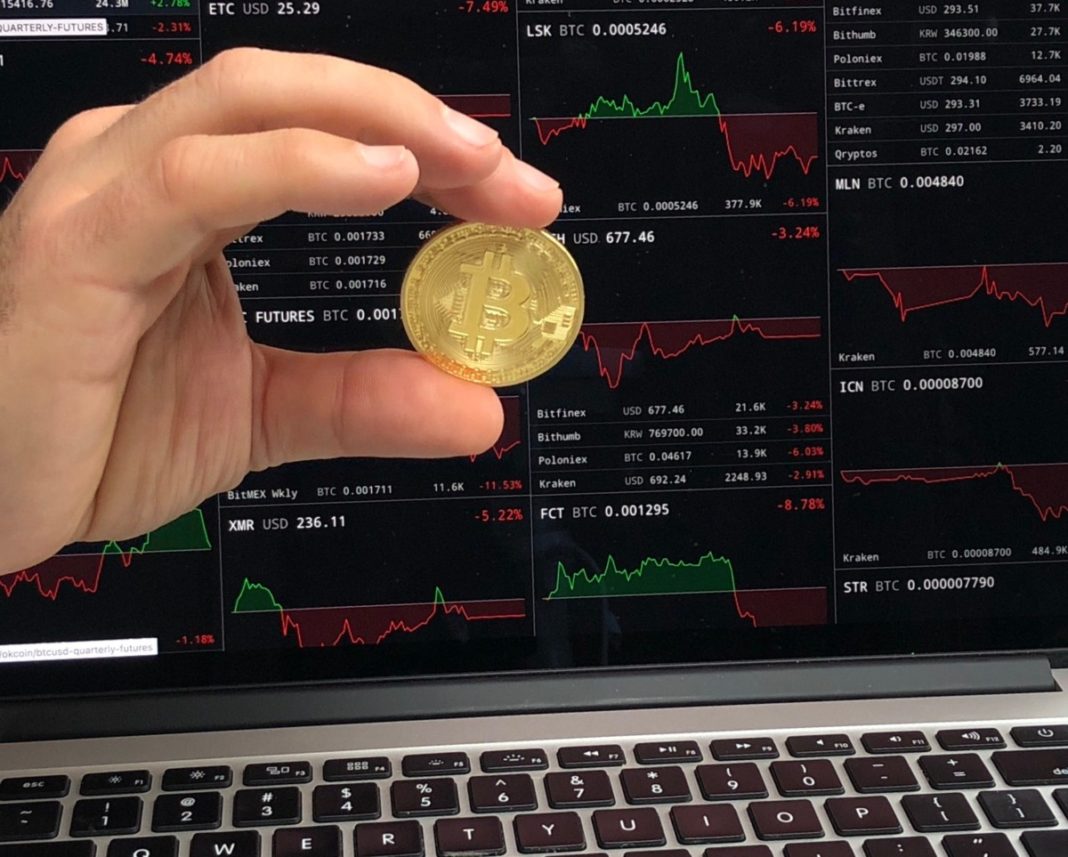Cryptocurrencies exploded into the world’s consciousness almost a full decade ago when Bitcoin hit the scene. Since then over 1600 cryptocurrencies have entered the marketplace, from Ethereum, Ripple and Litecoin, to the lesser-known Vertcoin and IOTA.
But ever since cryptocurrencies hit the mainstream, governments have had to scramble to accommodate for these services. How is the Netherlands, widely considered a liberal, progressive, and innovative nation dealing with the new technology? And just how crypto-friendly is Holland?
Let’s start from the basics.
READ MORE: Bitcoin and the Netherlands: How it could change life in Holland
What is cryptocurrency?
If you’re reading this article and think we’re writing in a made-up language, you’re not alone. While the lingo of cryptocurrency has made its way into the general population (terms like ‘bitcoin-mining’ and ‘blockchains’ may have hit your desk), actually understanding cryptocurrency can be a little difficult. We’ll do our best to break it down:
Traditional money is stored in a bank and you can withdraw it from a bank ATM, via a bank card, or from the bank directly. Either way, the bank is always involved at some level.
Cryptocurrencies, on the other hand, are virtual, electronic money. You can never hold a bitcoin, or place it in a physical wallet. Think of it as Money 2.0. They’re a peer-to-peer currency, so transactions are directly between users, with no intermediary. All you need is a bitcoin wallet. Think of the old saying ‘too many cooks spoil the broth.’ Cryptocurrencies were invented as a way to have less cooks, and less middlemen. That makes it entirely de-regulated: no one controls all of one currency.
How crpyto-friendly is the Netherlands?
The Netherlands decided on an innovative approach when blockchain currencies began to hit the market. Instead of shunning new systems, the government launched blockchain pilot projects, and made a push for new prototypes, project implementation, and international partnerships.
According to Emanuele Francioni, Tech Lead of Dusk Foundation, a Dutch non-profit dedicated to the creation of a secure, open-source and private blockchain, the Netherlands is one of the most passionate blockchain scenes.
“Events are organized in multiple cities in the country and the turnout is great,” Francioni told Forbes. “Amsterdam, Berlin, and London form a strong co-located blockchain scene. We are seeing more homegrown projects in the Dutch space, and events are becoming more and more professional.”
The Dutch government dove headfirst into finding ways to encourage cryptocurrencies, announcing in May 2018 that they would formulate a unique and dedicated blockchain unit that would research blockchain reliability, sustainability, and how to manage and govern blockchain endeavours.
According to John Jansen, founder of Dutch firm Deribit and former stockbroker, the Dutch government’s dedication to finding new opportunities for blockchain technology is amazing. “This shows a positive attitude toward this technological development which benefits the blockchain ecosystem in the Netherlands,” Jansen told Forbes.
In September this year, the Dutch government announced potential plans to regulate cryptocurrency providers in the Netherlands in an effort to comply with EU anti-money-laundering laws. “Cryptos are vulnerable to financial crime, which is why it is important to set up integrity supervision now,” said a De Nederlandsche Bank statement.
Providers were reportedly happy with the news, believing that the regulation will help weed out dodgy suppliers. “If we want the market to mature and the participants to evolve… you want anti-money laundering (AML) and proper know your customer (KYC),” Crypto2Cash founder PJ Datema told Coindesk.
How have Dutch people responded to cryptocurrencies?
A survey by Investopedia in mid-2019 ranked Amsterdam as #3 on their list of bitcoin city hotspots, beaten out only by San Francisco and Vancouver. According to the survey, 74 merchants in the capital accept bitcoin, and one ATM is available. Additionally, the city is noted as home to leading bitcoin startups like BitFury and BitPay.
The Netherland’s fame in the bitcoin world has also been reflected by the uptake of the Dutch in purchasing cryptocurrencies. In a survey in October 2017, 135,000 Dutch people had invested in blockchain currencies. Just four months later, that number rose to 580,000, almost a 4.5% increase.
Meanwhile, even Dutch royals have gotten on board, with Prince Constantijn van Oranje attending blockchain conferences and hackathons, while chairing the StartUpFest Europe conference.
Do you invest in cryptocurrency in the Netherlands? How crypto-friendly do you find it? Let us know in the comments below!
Feature Image: David McBee/Pexels


